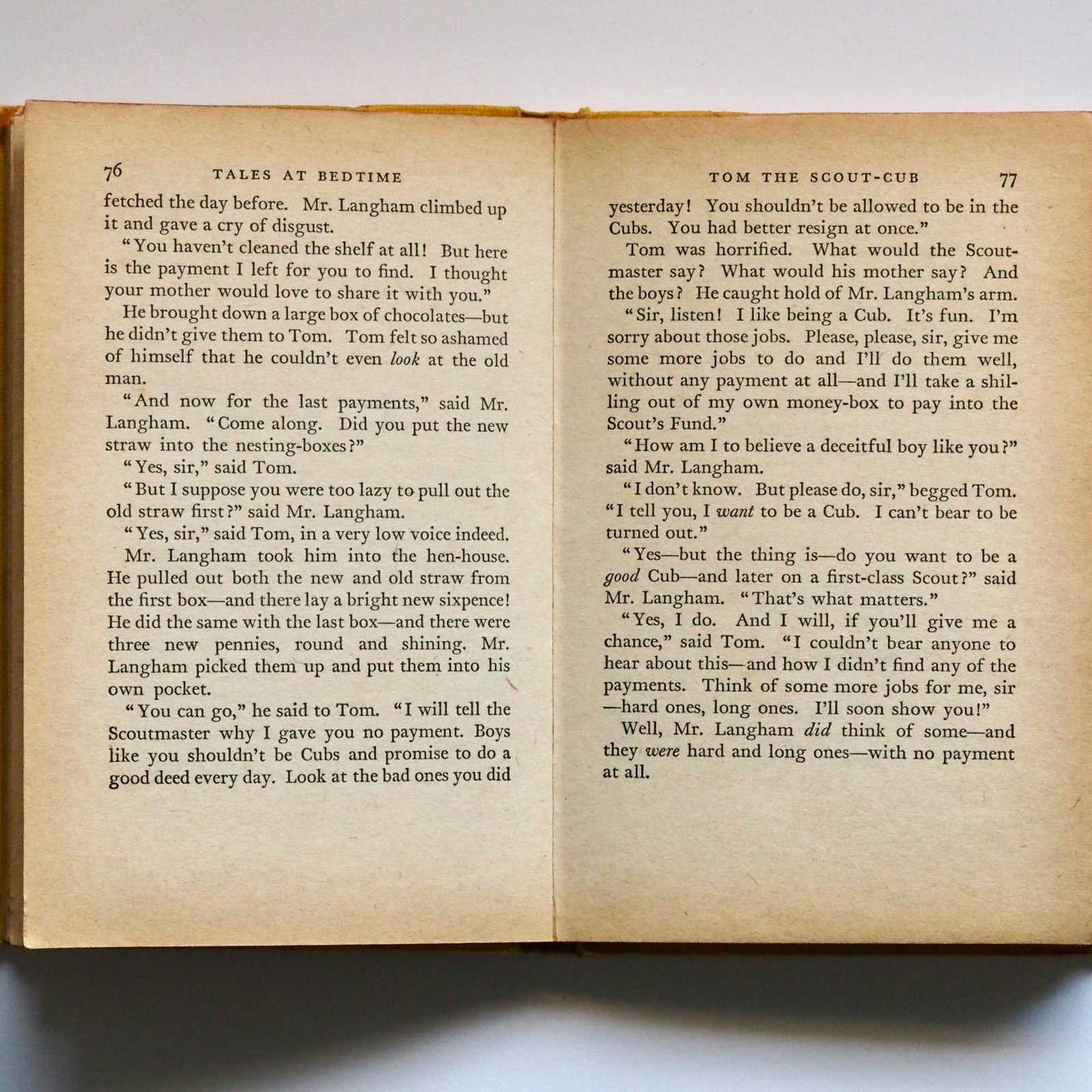Deciphering the DMCA: A Comprehensive Guide to Copyright Law
In the digital age, protecting intellectual property rights has become paramount, especially in the realm of online content creation and distribution. At the forefront of this effort stands the Digital Millennium Copyright Act (DMCA), a crucial piece of legislation that shapes the landscape of copyright law in the digital era. In this blog post, we delve into the intricacies of the DMCA, exploring its origins, key provisions, and impact on content creators, internet service providers, and consumers alike.
Understanding the Digital Millennium Copyright Act (DMCA)
Enacted in 1998, the DMCA is a United States copyright law that addresses the challenges posed by digital technologies to traditional copyright enforcement mechanisms. Its primary objectives are to protect the rights of copyright holders, foster innovation and creativity in the digital marketplace, and balance the interests of content creators and internet service providers.
Key Provisions of the DMCA
The DMCA comprises several key provisions that govern various aspects of copyright law in the digital realm:
1.Safe Harbor Provisions: One of the cornerstone provisions of the DMCA is the safe harbor provision, which shields internet service providers (ISPs) and online platforms from liability for copyright infringement committed by their users. To qualify for safe harbor protection, ISPs must adhere to certain requirements, including implementing a notice-and-takedown system for addressing copyright infringement claims.
2. Notice-and-Takedown Process: The DMCA outlines a procedure known as the notice-and-takedown process, which allows copyright holders to request the removal of infringing content from online platforms. Under this process, copyright holders can submit a formal notice to the ISP or platform hosting the infringing content, prompting them to remove or disable access to the content in question.
3. Online Copyright Infringement Liability Limitation: The DMCA provides limitations on the liability of online service providers for copyright infringement by their users. By complying with the requirements outlined in the DMCA, ISPs and online platforms can mitigate their exposure to legal liability for the actions of their users.
The Role of the DMCA in Protecting Copyright Holders
For copyright holders, the DMCA serves as a critical tool for protecting their intellectual property rights in the digital realm. The notice-and-takedown process provides a streamlined mechanism for copyright holders to address instances of infringement and protect their works from unauthorized use or distribution. Additionally, the safe harbor provisions offer a degree of assurance to copyright holders that online platforms will take measures to address infringement and uphold copyright law.
Impact on Content Creators and Internet Service Providers
The DMCA has significant implications for both content creators and internet service providers:
Content Creators: The DMCA empowers content creators to enforce their copyright rights and protect their works from unauthorized use or distribution. By leveraging the notice-and-takedown process, content creators can take swift action against instances of infringement and safeguard their creative output.
Internet Service Providers: Internet service providers play a crucial role in enforcing copyright law under the DMCA. While they benefit from safe harbor protections, ISPs are also responsible for implementing measures to address copyright infringement on their platforms, such as implementing effective notice-and-takedown procedures and responding promptly to infringement claims.
Addressing Challenges and Evolving Technologies
As digital technologies continue to evolve, the DMCA faces new challenges and criticisms regarding its efficacy in combating online copyright infringement. Critics argue that the DMCA’s safe harbor provisions may provide inadequate protection for copyright holders and incentivize online platforms to turn a blind eye to infringing content. Additionally, concerns have been raised about the effectiveness of the notice-and-takedown process in addressing widespread and persistent instances of infringement.
Navigating the Complexities of Copyright Law with the DMCA
In conclusion, the Digital Millennium Copyright Act (DMCA) is a cornerstone of copyright law in the digital age, providing a framework for addressing the challenges and opportunities presented by digital technologies. By balancing the interests of copyright holders, content creators, and internet service providers, the DMCA seeks to foster a vibrant and innovative digital marketplace while safeguarding intellectual property rights. As technologies continue to evolve and shape the digital landscape, the DMCA will remain a crucial tool for navigating the complexities of copyright law in the digital era.


